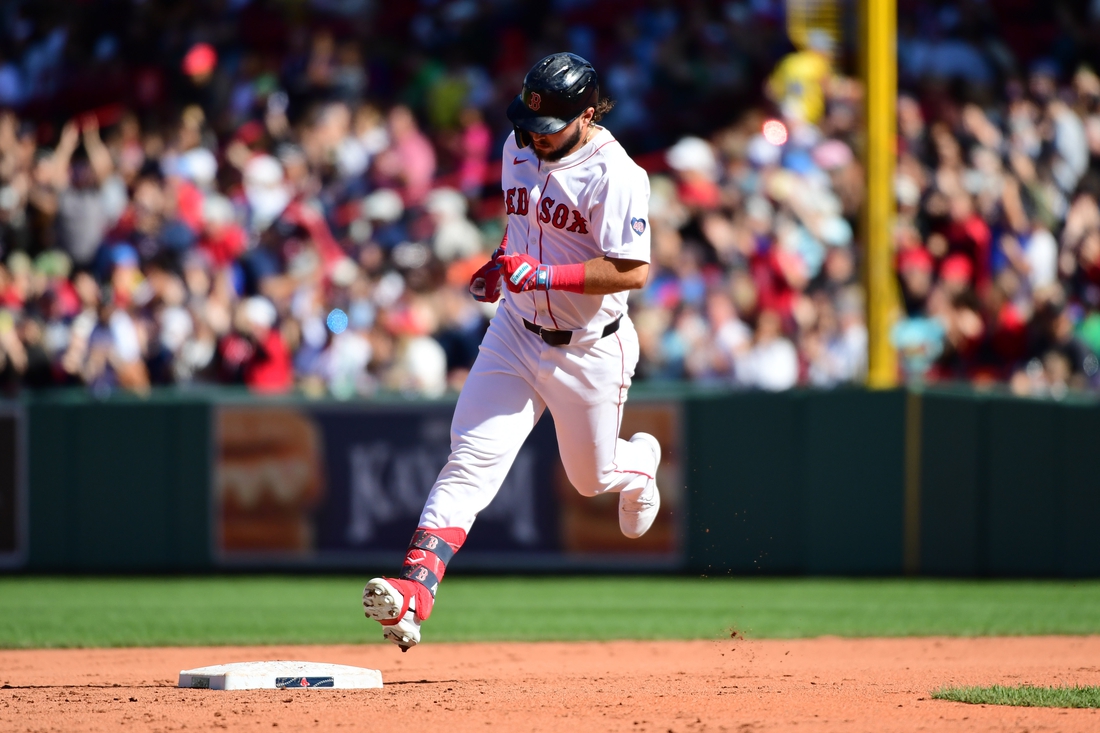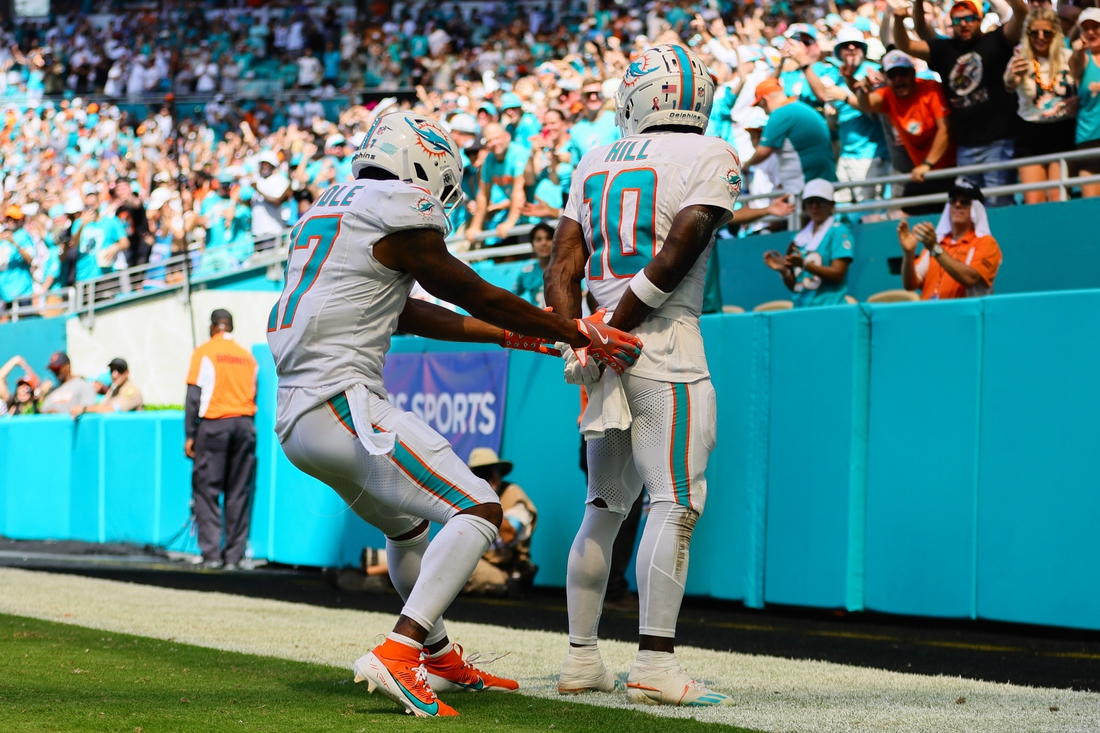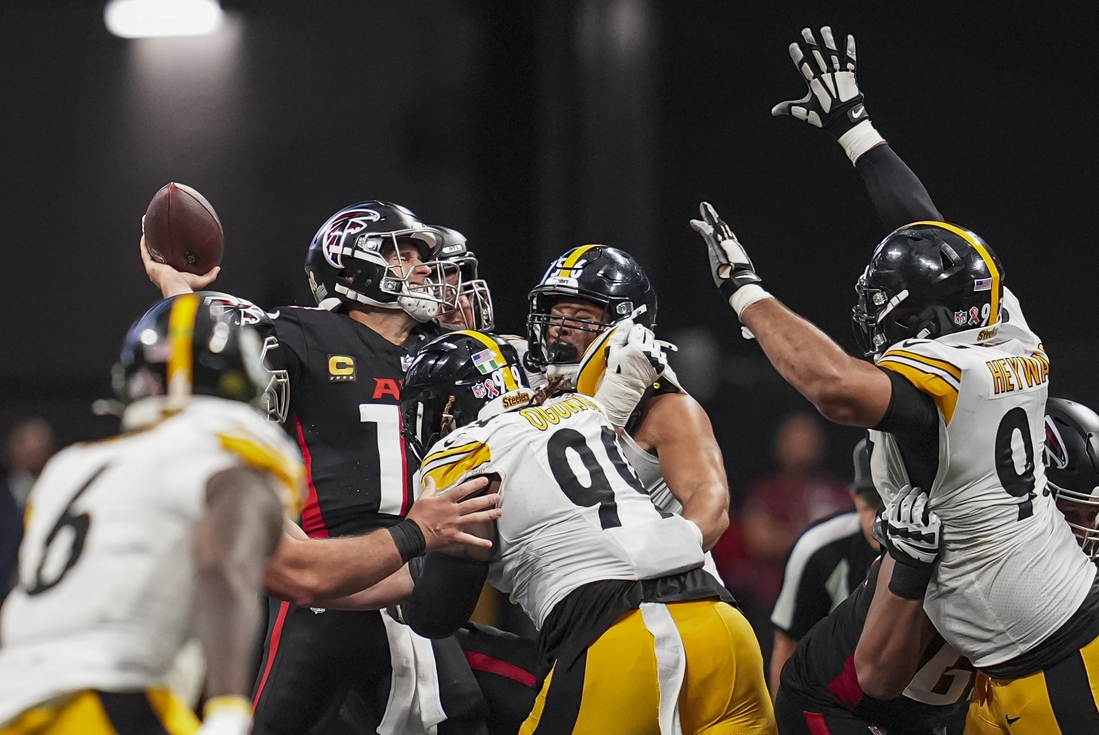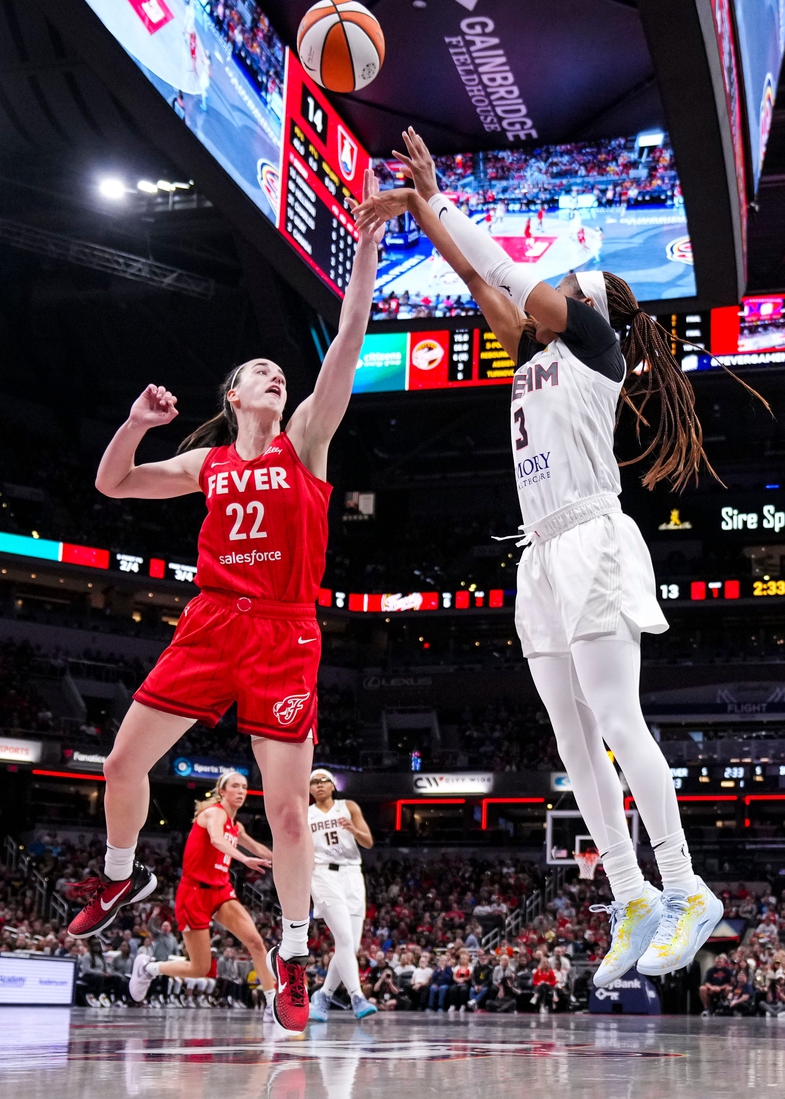The NCAA took another L in court this week, racking up appearances and losses in litigation like it was trying to nab the Republican nomination for president. A federal judge in Tennessee ruled that the NCAA can’t enforce key NIL rules that prohibit universities from using name, image and likeness money as a recruiting tool.
While the injunction is not a final ruling, it should immediately help schools like the University of Tennessee and Florida State who are under investigation by the NCAA for … allegedly using NIL money to lure recruits to Knoxville and Tallahassee. This has become the playbook for the systematic dismantling of Charlie Baker and the NCAA’s power.
School has recruiting issues, calls local politicians to grease the cogs, and voila, lawsuit or loophole created. It’s even worked for athletes as the Department of Justice tagged in to tell the NCAA it can’t enforce its rules against players using the transfer portal more than once.
In an interview with ESPN this week, Baker repeated tone-deaf, archaic thought processes for why it continually creates barriers for student-athletes, saying the association wants them to choose destinations based on the best educational opportunities rather than money.
“I also think it makes it enormously challenging, as we are currently seeing in the existing NIL environment, for kids and families to figure out what the right choice is in the first place because an enormous amount of information flows their way that may not in fact be accurate,” Baker said.
Would he like to know why the flow of information might not be accurate? Because, until this ruling, recruits couldn’t talk about money during the recruiting process. It’s all a bunch of wink-wink, greasy handshake deals that are unwritten and unofficial.
When ESPN asked Baker if contracts could bring some much-needed clarity, his response was, “I don’t know.”
It doesn’t take a legal expert to read between those lines. “I don’t know … and even if I did, I’m not legally allowed to say it.”
These rules aren’t to protect kids from exploitation, they’re designed to ensure that the NCAA is the only one who gets to exploit them. However, schools and corporations have grown wise to this, and seem to be increasingly trimming the fat.
There was additional evidence of that occurring this week with the news that EA sports is giving student-athletes $600 and a copy of College Football 25 in exchange for appearing in the relaunch of the extremely popular video game. Last I checked, $600 isn’t even enough to buy a Playstation 5.
Interestingly, “NCAA” is notably absent from the new title, with schools signing deals to appear in EA’s game on a case-by-case basis. This will shock no one, but all 134 FBS universities opted in, and I bet they got substantially more than $600 and a copy of the game.
I couldn’t find proof of the NCAA’s involvement in the game any where, so maybe EA simply circumvented the middle man and his many lawsuits in an attempt to avoid litigation this time around. That said, the raw deal that’s so commonplace for college athletes persisted because they’re not viewed, or empowered, as a workforce.
Instead of looking out for students-athletes like it’s supposed to do, the only thing the NCAA really wants to do is plead for government intervention to avoid the system collapsing in on itself.
“Turning upside down rules overwhelmingly supported by member schools will aggravate an already chaotic collegiate environment, further diminishing protections for student-athletes from exploitation,” the NCAA said in its response to the Tennessee judge’s ruling. “The NCAA fully supports student-athletes making money from their name, image and likeness and is making changes to deliver more benefits to student-athletes, but an endless patchwork of state laws and court opinions make clear partnering with Congress is necessary to provide stability for the future of all college athletes.”
Member schools don’t speak for student athletes, who are getting better at speaking for themselves as a National Labor Relations Board official ruled in early February that Dartmouth basketball players are employees of the school, clearing the way for the creation of the first labor union for NCAA athletes.
So if you’re keeping track, over the past calendar month various entities have ruled the NCAA can’t prohibit players from discussing financials during the recruiting process, and that players can transfer as many times as they please, and can form a union.
There are only so many leaky dams left to fell before college athletics is completely under water. The more the NCAA works to maintain the status quo, the more likely it is that their ineptitude gets left outside when the reckoning of amateurism in America inevitably happens. That’s not necessarily a bad thing, but if we’ve learned anything from drug cartels, it’s that the next jefe is always more ruthless and bloodthirsty.







